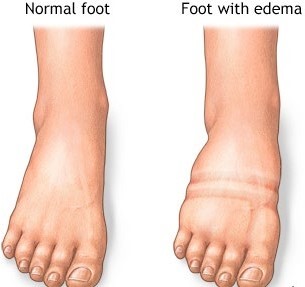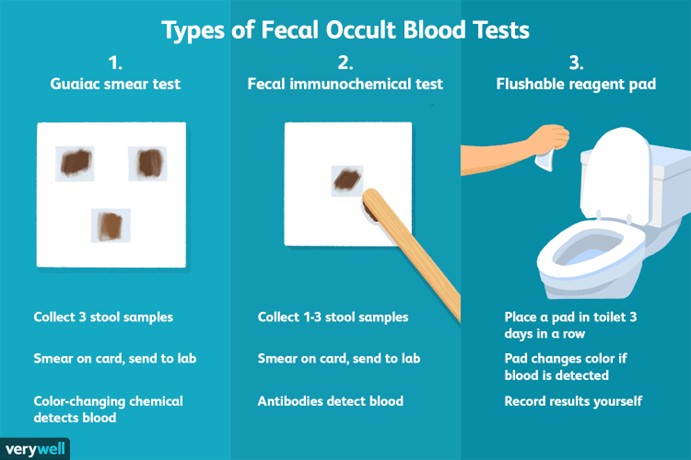A client is prescribed a diuretic for swelling of the lower extremities. The nurse should teach the client about the effect of the medication on the client's urinary output.
The client's urinary output will be increased.
The client's urine will be a medium-amber color.
The client's urine will have a strong ammonia odor.
The client's urinary output will be decreased.
The Correct Answer is A
A diuretic is a medication that increases the production of urine by the kidneys. This can help reduce swelling (edema) by removing excess fluid from the body. If a client is prescribed a diuretic for swelling of the lower extremities, the nurse should teach the client that the medication will increase their urinary output. This means that the client will need to urinate more frequently and may produce more urine than usual. The color and odor of the urine may also change, but these changes are not directly related to the effect of the medication on urinary output.

Nursing Test Bank
Naxlex Comprehensive Predictor Exams
Related Questions
Correct Answer is A
Explanation
By offering free occult blood screenings at a community health fair, the nurse is providing illness prevention services. Illness prevention refers to actions taken to prevent the onset of illness or disease. In this case, occult blood screening can help detect early signs of colorectal cancer, allowing for early intervention and treatment to prevent the development of the disease.

Correct Answer is C
Explanation
Public health agencies are responsible for protecting and improving the health of communities. They are often funded by government grants and work to prevent the spread of communicable diseases through measures such as vaccination programs, disease surveillance, and public education campaigns. Surgery can be performed in a variety of healthcare settings, not just hospitals. Skilled nursing extended care facilities provide care for individuals who require ongoing medical support, not just older adults whose insurance no longer covers hospital stays. Hospitals provide a range of services, including acute inpatient care as well as outpatient and emergency services.
Whether you are a student looking to ace your exams or a practicing nurse seeking to enhance your expertise , our nursing education contents will empower you with the confidence and competence to make a difference in the lives of patients and become a respected leader in the healthcare field.
Visit Naxlex, invest in your future and unlock endless possibilities with our unparalleled nursing education contents today
Report Wrong Answer on the Current Question
Do you disagree with the answer? If yes, what is your expected answer? Explain.
Kindly be descriptive with the issue you are facing.
